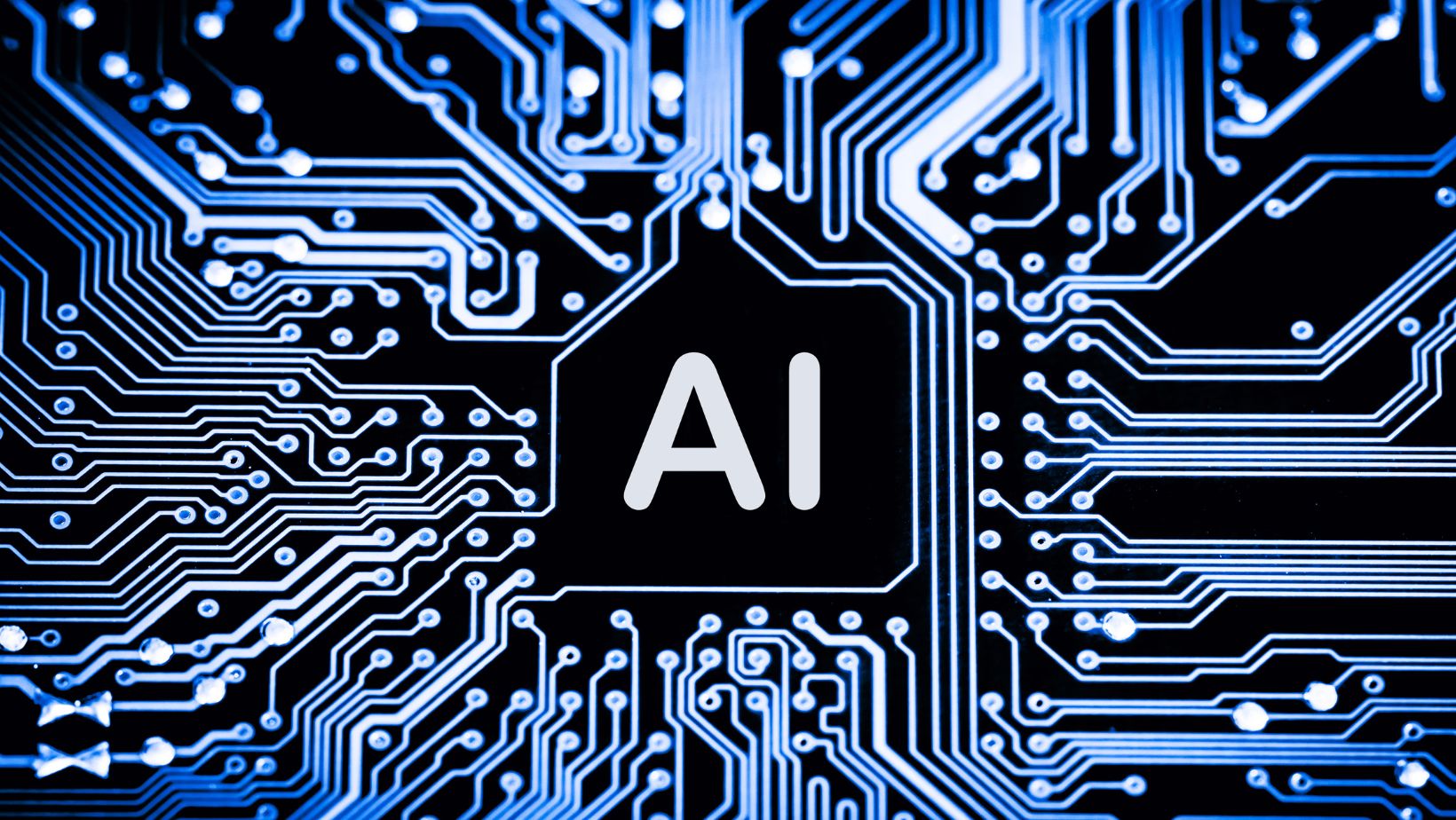The gig economy, characterized by flexible, on-demand work arrangements, has experienced significant growth, particularly within the entertainment sector. A recent report indicates a global expansion of the gig economy by over 30%, reflecting a shift towards freelance work. As technological advancements accelerate, automation and AI are poised to play crucial roles in how creative tasks are completed and services are delivered. For businesses looking to leverage these advancements, AI consulting firms can provide strategic guidance and tailored solutions to ensure successful integration of AI into gig platforms. Notably, the integration of AI agents into gig platforms holds the potential to transform workflows for freelancers and contractors in various entertainment fields.
AI Agents: A Brief Overview
AI agents are software programs that automate tasks and simulate human interactions. They range from simple chatbots handling routine inquiries to sophisticated systems capable of learning and adapting to complex tasks. These technological innovations are already being used in various industries, including customer service, data entry, and even within gig economy platforms.
Specific Examples of AI Agents in the Gig Economy
- AI-Powered Matching Platforms: Platforms like Upwork and Freelancer leverage AI algorithms to match freelancers with clients based on skills, experience, and project requirements.
- AI Agents for Customer Support: Many gig economy platforms utilize AI agents for 24/7 customer support, efficiently answering common questions and troubleshooting issues.
- AI-Driven Task Automation: Tools like Copy.ai and Grammarly automate tasks like content generation and editing, allowing gig workers to focus on more creative endeavors.
- Smart Contract and Blockchain Technology: Platforms like Origin Protocol use blockchain technology to create smart contracts, automating processes such as payment processing and contract enforcement.
Potential Applications of AI Agents in the Gig Economy
- Task Automation: AI agents can handle routine tasks, freeing up gig workers to focus on more complex, value-added services. For instance, an AI agent could manage customer inquiries or automate report filing.
- Matching and Allocation: AI can efficiently match workers with tasks based on skills and availability, reducing downtime and enhancing job satisfaction.
- Quality Control: AI agents can monitor performance, ensuring standards are met by analyzing ratings and feedback, allowing for swift corrective measures.
- Communication and Coordination: AI agents can facilitate communication between workers and clients, helping to coordinate tasks, manage schedules, and meet deadlines effectively.
The Impact of AI Agents on Gig Workers
While the integration of AI agents offers benefits, it raises concerns about the impact on workers, including:
- Ethical Considerations: The increasing use of AI agents raises ethical concerns, such as privacy issues and the potential for bias in AI-driven decision-making.
- Evolving Skill Requirements: Gig workers need to adapt and learn new skills to stay competitive, such as effectively interacting with AI agents.
- Job Displacement: There is concern about job losses, as AI agents may augment human capabilities rather than completely replace them.
A Balanced Approach to AI Agent Integration
To fully leverage the advantages of AI agents while mitigating drawbacks, a balanced approach is essential:
- Continuous Training and Upskilling: Platforms should prioritize providing workers with the necessary skills to work alongside AI agents effectively.
- Ethical Guidelines: Establishing clear guidelines for AI agent usage ensures automation is implemented fairly and transparently.
- Human Oversight: Despite AI agents’ capabilities, human oversight remains crucial to maintain quality, ethical standards, and a positive customer experience.
Gamifying the Gig Economy Through AI Agent Integration
Gamification is an innovative method to motivate gig workers by incorporating game-like elements into platforms. Workers can earn points or badges for using AI agents, which can be redeemed for benefits such as enhanced visibility on the platform, real-world incentives like gift cards, merchandise, and discounts, or even access to virtual perks, such as exclusive sites or gaming experiences like free slots with no download and no registration on platforms that aggregate top operators. This approach provides gig workers with a hassle-free way to explore new tools.
This gamification strategy fosters a sense of competition, achievement, and community among gig workers. By enhancing the work experience, platforms can attract and retain top talent, resulting in increased productivity and efficiency. Research shows that a combination of intrinsic motivations (e.g., a sense of accomplishment) and extrinsic rewards (e.g., monetary incentives) can effectively drive worker engagement and performance.
Conclusion
As AI agents continue to evolve, their integration into the gig economy will be vital in shaping the future of work. While automation presents both opportunities and challenges, a thoughtful approach can maximize its benefits. By focusing on worker upskilling, establishing ethical guidelines, and ensuring human oversight, we can create a more efficient and equitable gig economy. Incorporating gamification can further enhance this transition, making the AI-driven future more appealing for workers and ensuring they remain vital contributors to the evolving workforce.

























